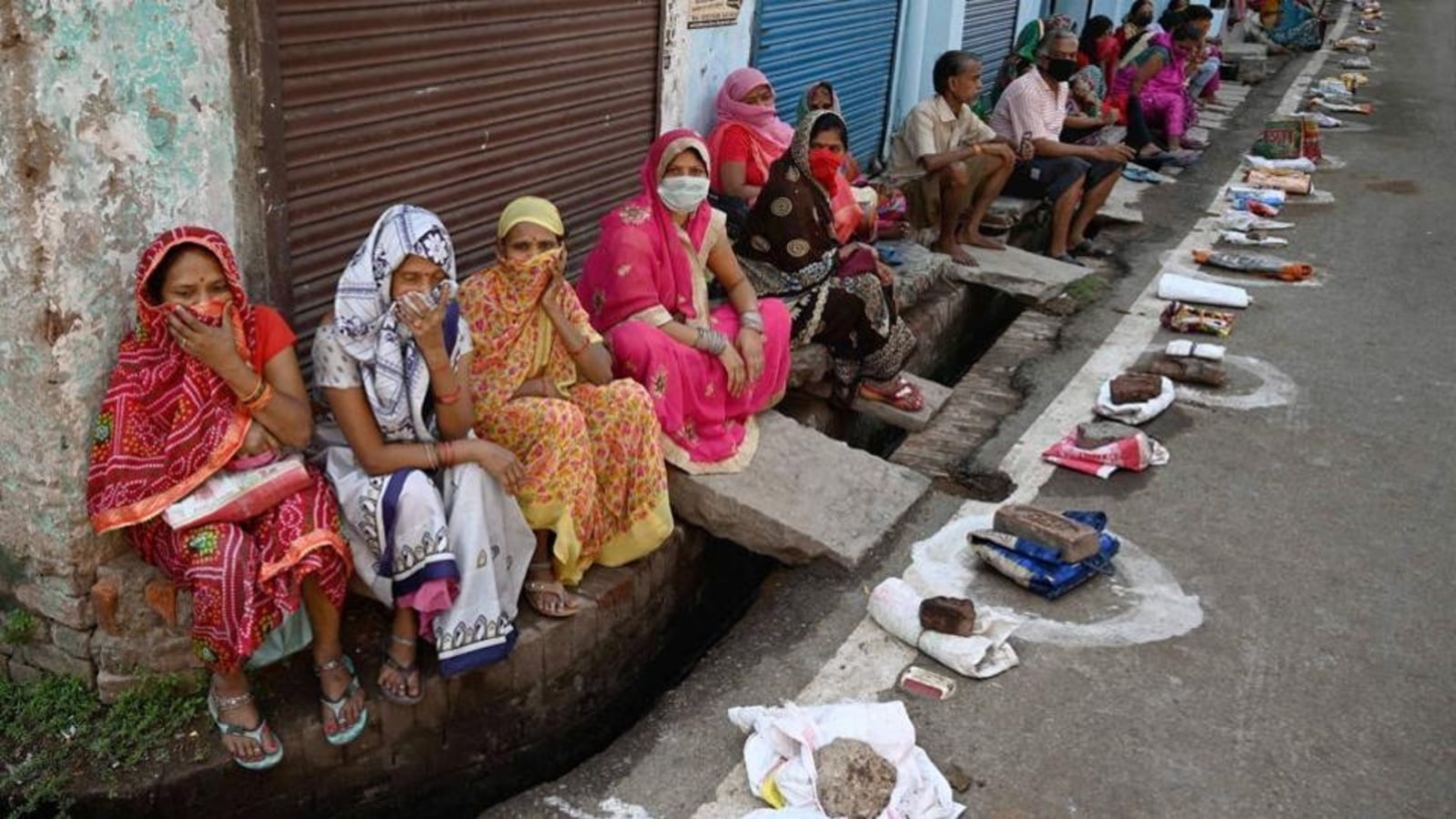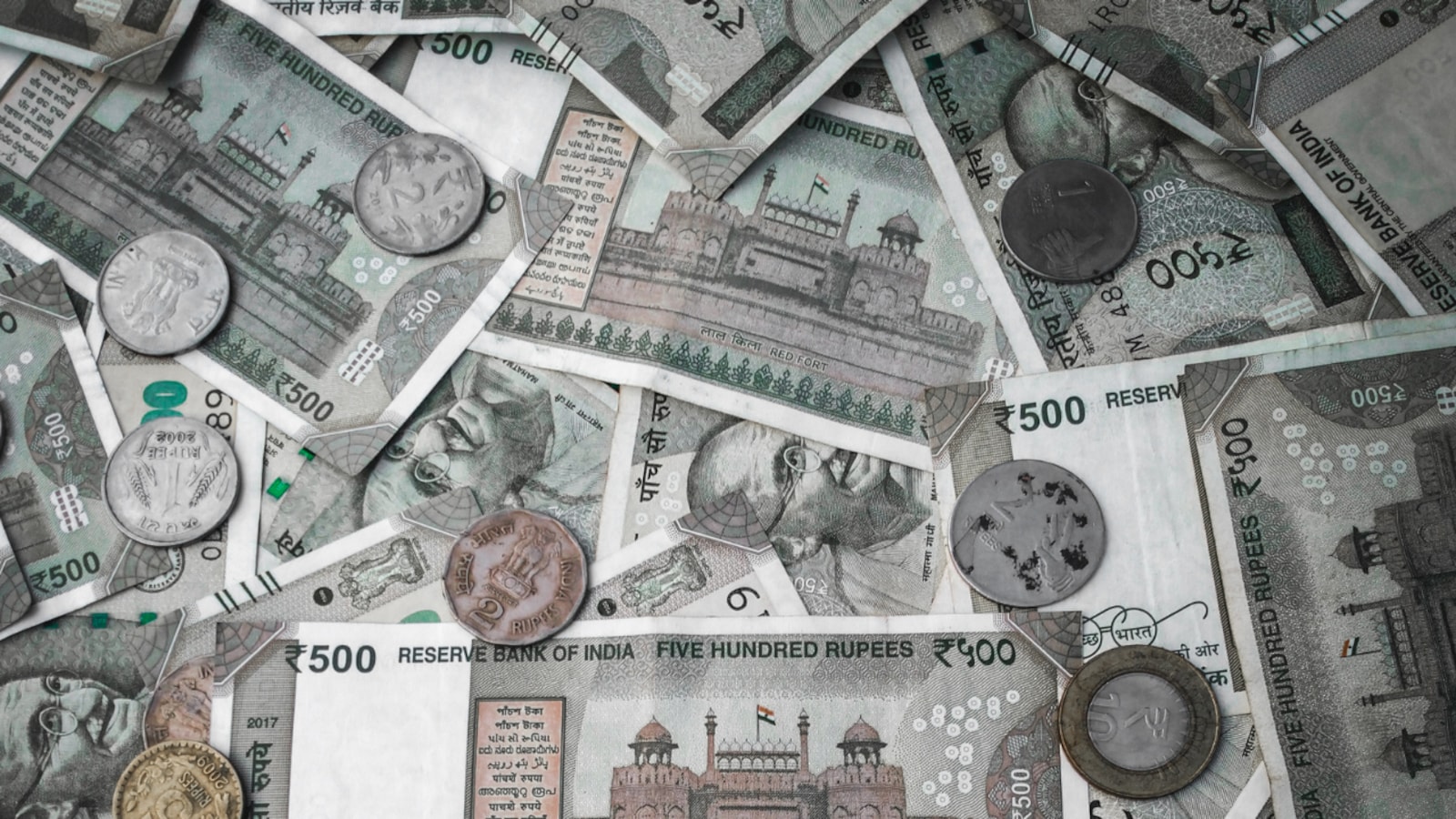The collapse of the Sri Lankan economy has sparked a new discussion over the role of the state. Sri Lanka’s government reduced taxes across the board and gave a number of free products and services. As a result, the economy collapsed, and the severely indebted government was forced to default on its obligations.
As a result, the subject of freebies distributed by Indian governments has been scrutinized. Freebies have been an important aspect of Indian politics throughout the years, whether for making promises in election campaigns or giving free services to stay in power.
What exactly are freebies?

- To win people’s votes, political parties promise free power and water, monthly allowances for jobless, daily wage employees, and women, as well as devices like as laptops and cellphones.
- States have developed a practise of handing out freebies, whether in the form of loan forgiveness or free energy, bicycles, computers, television sets, and so on. However, certain types of spending made under populist pressures or with elections in mind may be problematic.
- However, considering the rise in inequality over the previous 30 years, some sort of population alleviation in the form of subsidies may not be unreasonable, but rather required for the economy to continue on its development path.
What are the Proponents of Freebies’ Arguments?
Encourages Growth:
- Some examples of expenditures that have overall advantages include the Public Distribution System, employment guarantee programmes, education support, and increased health expenditures, notably during the pandemic.
- These go a long way toward enhancing the population’s productive potential and aid in the development of a healthier and stronger workforce, both of which are essential components of any growth plan.
- The same may be said about government spending on education and health care.
Industries are boosted:
- Women in states like Tamil Nadu and Bihar are recognised for receiving sewing machines, saris, and bikes, yet they are purchased with budget funds, contributing to the industries’ sales.
- Given the equivalent output, it can be regarded a boost for the supplier industry rather than a needless spend.
Important for Exceeding Expectations:
- In a nation like India, where states have (or don’t have) a particular degree of development, people have expectations that are addressed by such promises of freebies.
- Furthermore, when residents of neighboring/other states (with different ruling parties) receive freebies, there are comparable expectations.
Aids Least Developed Countries:
- In states with a lower level of development and a higher proportion of the population living in poverty, such freebies become a need, and it becomes necessary to provide such subsidies to the people for their own upliftment.
What are the Drawbacks of Freebies?

Unstable Macroeconomic Conditions:
- Freebies undermine the fundamental foundation of macroeconomic stability, freebie politics affects expenditure priorities, and spending remains concentrated on one type of subsidy or another.
Impact on the Fiscal Situation of States:
- Offering freebies has an influence on the public purse, since most Indian states do not have strong financial health and frequently have limited income resources.
- States cannot borrow beyond their limits under the Fiscal Responsibility and Budget Management (FRBM) rules, and any deviation must be approved by the Centre and central bank. • As a result, while states have flexibility in how they choose to spend their money, they cannot exceed their deficit ceilings in normal circumstances.
Opposition to a Free and Fair Election:
- Offering illogical gifts from public monies before elections has a negative impact on voters, disrupts the fair playing field, and taints the voting process.
- It amounts to an immoral behaviour equivalent to bribing voters.
Taking a Step Away from Nature:
- When freebies involve giving out free electricity, or a set amount of free power, water, or other consumer products, it diverts resources away from environmental and sustainable growth, renewable energy, and more efficient public transportation systems.
- Furthermore, when something is supplied for ‘free,’ it is human nature to use it excessively (resulting in resource waste).
Future Manufacturing Will Be Affected:
- Freebies reduce the manufacturing sector’s quality and competitiveness by detracting from the efficient and competitive infrastructure that allows for high-factor efficiency.
Credit Culture is Destroyed:
- Giving out loan waivers as freebies may have unintended repercussions, such as damaging the entire credit culture and obscuring the fundamental subject of why a significant majority of farmers fall into debt traps on a regular basis.
What is the best course of action?

Understanding the Economic Effects of Freebies:
- What matters is not how inexpensive the freebies are, but how costly they are in the long term to the economy, life quality, and social cohesiveness.
- Instead, we should strive for a race to efficiency through democratic labs and sanguine federalism, in which states utilise their authority to harness inventive ideas and solutions to common issues that other states may learn from.
Demand-Based Freebies with Care:
- India is a massive country, and there are still a great number of people living in poverty. It is also critical to include all citizens in the country’s development strategy.
- Offering reasonable and practical freebies or subsidies that can be readily accommodated in a state’s budget does no harm and can be leveraged.
- A part of governmental spending should ideally be set aside to ensure better overall resource use.
Subsidies and Freebies: What’s the Difference?
- It is necessary to comprehend the economic implications of freebies and tie them to taxpayer funds.
- It’s also important to distinguish between subsidies and freebies, because subsidies are justified and explicitly targeted benefits that come from demand.
- While every political party has the freedom to build subsidy ecosystems to provide benefits to targeted poor individuals, there should not be a long-term burden on the state’s or federal government’s economic health.

